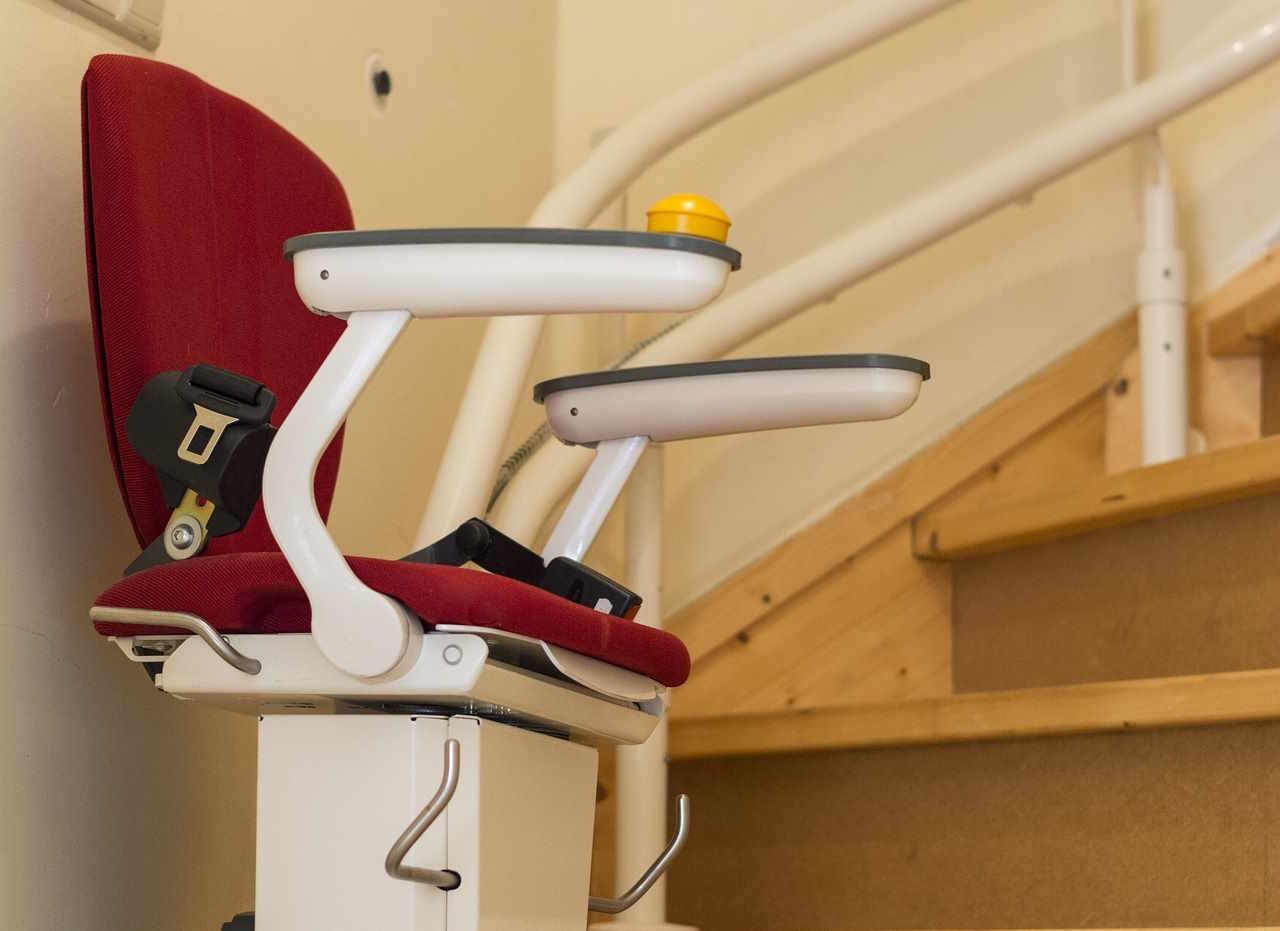Understanding Heart Failure Treatment Options Available Today
Heart failure affects millions of Americans, creating a need for comprehensive treatment approaches that address both symptoms and underlying causes. With advances in medical technology and therapeutic strategies, patients now have access to various heart failure treatments that can significantly improve quality of life and long-term outcomes. Understanding these treatment options helps patients and families make informed decisions about managing this chronic condition effectively.
What Is Congestive Heart Failure Treatment?
Congestive heart failure treatment focuses on managing symptoms, slowing disease progression, and improving the heart’s ability to pump blood effectively. This comprehensive approach typically includes medications that reduce fluid buildup, decrease workload on the heart, and improve cardiac function. Healthcare providers often prescribe ACE inhibitors, beta-blockers, and diuretics as foundational therapies. These medications work together to reduce blood pressure, control fluid retention, and help the heart muscle function more efficiently. Treatment plans are individualized based on the specific type of heart failure, severity of symptoms, and patient’s overall health status.
How Do Heart Failure Treatments Work?
Heart failure treatments operate through multiple mechanisms to address different aspects of the condition. Medications target various pathways that contribute to heart failure progression, including the renin-angiotensin system and sympathetic nervous system. Lifestyle modifications such as dietary changes, exercise programs, and weight management complement medical therapy by reducing strain on the cardiovascular system. Device therapies, including pacemakers and implantable cardioverter defibrillators, help regulate heart rhythm and prevent sudden cardiac events. These treatments work synergistically to optimize cardiac output, reduce hospitalizations, and extend survival rates for patients with heart failure.
What Treatment Options Exist for Congestive Heart Failure?
Treatment for congestive heart failure encompasses several categories of interventions tailored to individual patient needs. Pharmacological treatments include newer medications like SGLT2 inhibitors and neprilysin inhibitors, which have shown significant benefits in clinical trials. Non-pharmacological approaches involve cardiac rehabilitation programs, dietary counseling, and monitoring technologies that help patients track symptoms and vital signs. Advanced therapies for severe cases include cardiac resynchronization therapy, left ventricular assist devices, and heart transplantation. Each treatment option requires careful consideration of patient factors, including age, comorbidities, and functional status.
When Should Treatment for Heart Failure Begin?
Treatment heart failure should commence as early as possible after diagnosis to prevent disease progression and complications. Early intervention with evidence-based medications can slow the remodeling process that leads to worsening heart function. Healthcare providers typically initiate treatment based on symptom severity, ejection fraction measurements, and biomarker levels such as BNP or NT-proBNP. Prompt treatment implementation is crucial because heart failure is a progressive condition that can deteriorate rapidly without appropriate management. Regular monitoring and treatment adjustments ensure optimal therapeutic outcomes and help prevent emergency hospitalizations.
How Effective Are Current Heart Failure Management Strategies?
Treatment for heart failure has evolved significantly, with modern approaches demonstrating improved patient outcomes compared to historical standards. Clinical studies show that comprehensive heart failure management programs can reduce hospitalizations by 30-50% and improve survival rates substantially. Combination therapy with multiple medications often provides superior benefits compared to single-drug approaches. Patient adherence to prescribed treatments, lifestyle modifications, and regular follow-up care significantly impacts treatment effectiveness. Multidisciplinary care teams, including cardiologists, nurses, pharmacists, and dietitians, contribute to better treatment coordination and patient education, leading to improved long-term outcomes for individuals with heart failure.
| Treatment Category | Examples | Typical Benefits | Considerations |
|---|---|---|---|
| ACE Inhibitors/ARBs | Lisinopril, Losartan | Improved survival, reduced hospitalizations | Monitor kidney function, potassium levels |
| Beta-blockers | Metoprolol, Carvedilol | Better heart function, symptom relief | Start low, increase gradually |
| Diuretics | Furosemide, Spironolactone | Fluid management, breathing improvement | Monitor electrolytes, kidney function |
| Device Therapy | Pacemakers, ICDs | Rhythm control, sudden death prevention | Surgical procedure required |
The landscape of heart failure treatment continues to advance with ongoing research and development of new therapeutic options. Patients benefit from working closely with healthcare teams to develop personalized treatment plans that address their specific needs and circumstances. Regular monitoring, medication adjustments, and lifestyle modifications remain cornerstone elements of successful heart failure management. With proper treatment and self-care, many individuals with heart failure can maintain active, fulfilling lives while managing their condition effectively over the long term.
Disclaimer: This article is for informational purposes only and should not be considered medical advice. Please consult a qualified healthcare professional for personalized guidance and treatment.





